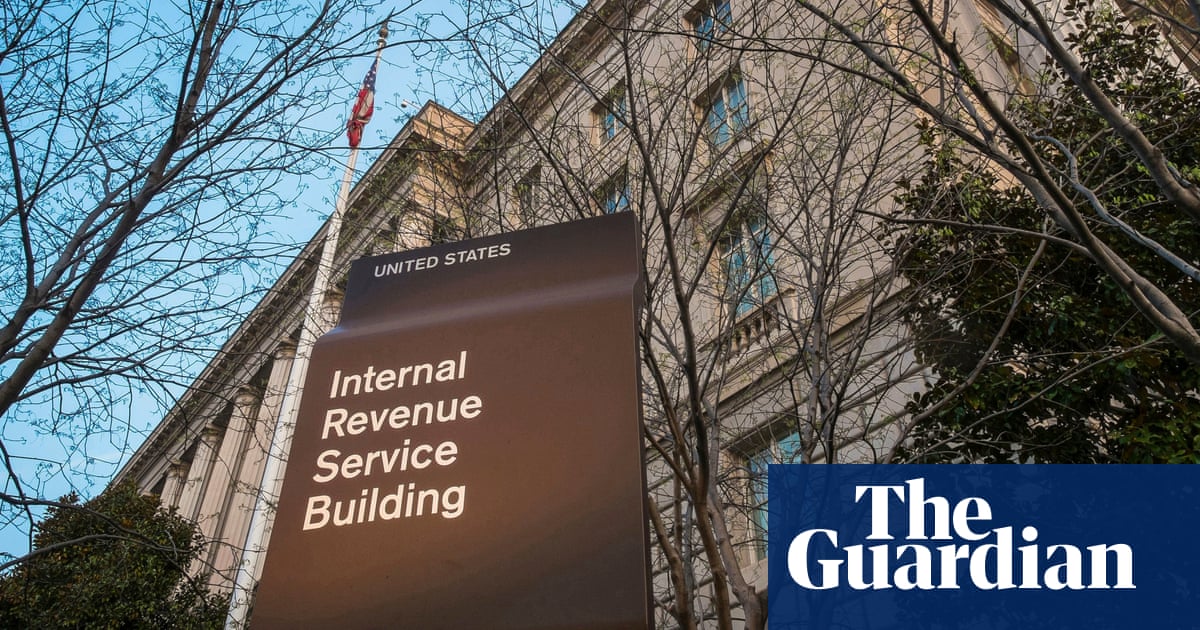
The IRS is issuing a final installment of $1,400 stimulus payments to approximately one million taxpayers who did not receive them under the 2021 recovery rebate program. This “special step,” as the IRS describes it, follows a review that identified eligible individuals who missed out on one or more Economic Impact Payments (EIP), also known as stimulus checks. The total amount of these payments is estimated at $2.4 billion.
These payments represent a portion of the nearly $931 billion in EIP funds distributed between April 2020 and December 2021 across three rounds of payments. The largest single source of funding came from the Coronavirus Aid, Relief, and Economic Security (CARES) Act of 2020, which allocated $1.8 trillion to combat the healthcare crisis and its economic consequences. Trillions more were subsequently spent through other government programs.
The IRS assures eligible taxpayers that no action is required to receive these payments, which will arrive via direct deposit or check this month or by late January. IRS Commissioner Danny Werfel stated, “The IRS continues to work hard to make improvements and help taxpayers. These payments are an example of our commitment to go the extra mile for taxpayers.”
These late payments come as federal authorities continue to investigate billions of dollars in potentially fraudulent Covid-19 relief funds. According to an April report from the Department of Justice’s Covid-19 Fraud Enforcement Task Force (CFETF), over 3,500 defendants have been charged with crimes related to these funds, resulting in more than $1.4 billion being seized or forfeited. Attorney General Merrick Garland emphasized that the investigation is ongoing, stating, “We will continue our efforts to investigate and prosecute pandemic relief fraud and to recover the assets that have been stolen from American taxpayers.” Deputy Attorney General Lisa Monaco has called for an extension of the statute of limitations to facilitate the recovery of further funds and the prosecution of additional offenders.
